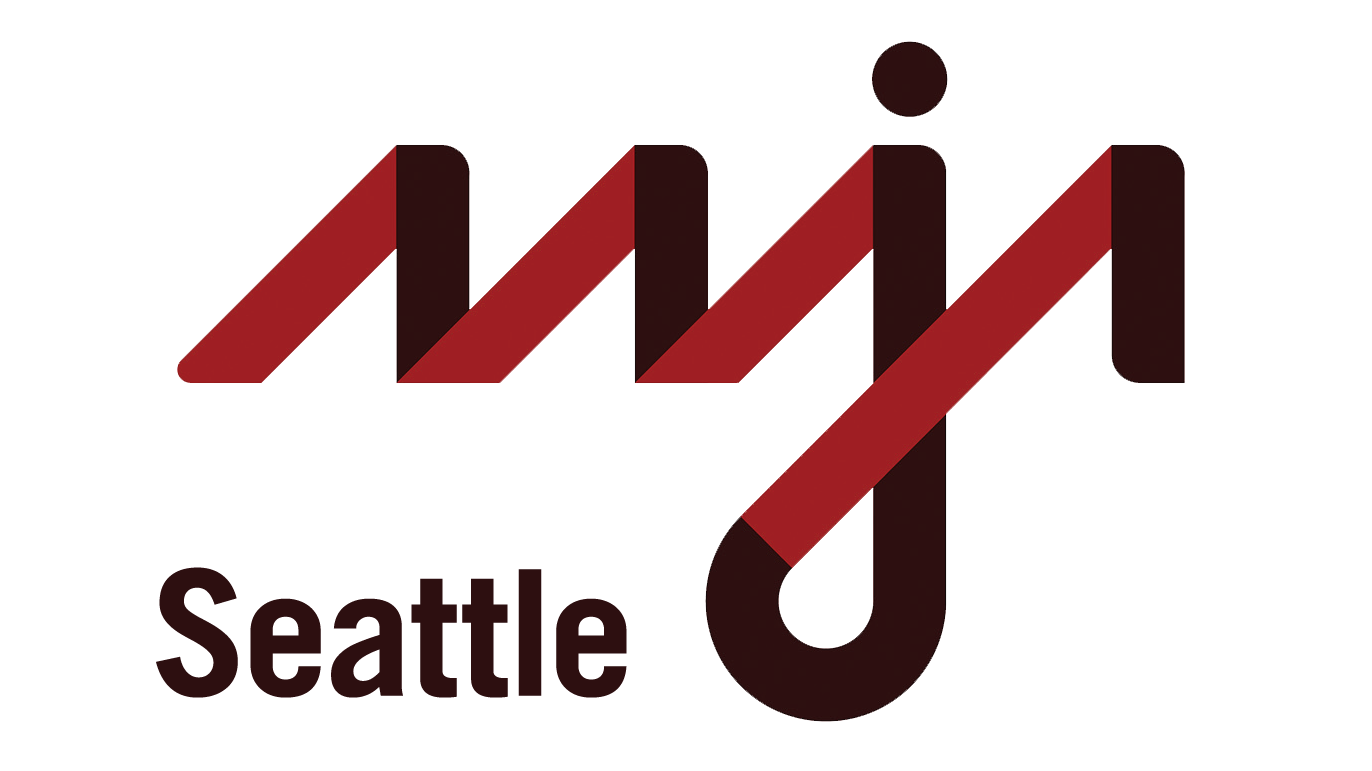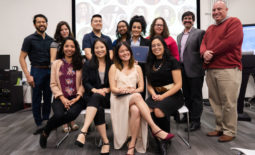Defending press freedom for student journalists at WWU
By Gina Cole
To use a metaphor that sports writers may jibe me for: some of my peers at Western Washington University seem to view college not as the season opener to adult life, but as merely a scrimmage. “Sure, we’re doing the same things, but they don’t affect our record right now.â€
It sounds implausible that members of the digital generation who document their lives on social networks would delude themselves that way. But let’s forget about Facebook’s bottomless memory and humor them for a moment, because they almost had a major impact on our school’s interpretation of the First Amendment.
On Oct. 26, the Student Senate at Western introduced a resolution that would have allowed sources to back-edit Western publications’ content. It proposed that students or alumni featured in a publication could, one to 10 years later, tell the publication to delete the content and wipe it from the online archives.
I’m guessing most people reading this are journalists. While you folks pick your jaws up off the floor or try to control your incredulous laughter, I’ll explain the reasoning behind the proposal.
The statement of context that went with it included this line: “It has been pointed out that the redaction of true statements does not happen in ‘real world’ publications. By design, student life is not ‘real life.’ It is more of a Petri dish or practice run.â€
Perhaps the Petri dish metaphor is better than my scrimmage one. It certainly made for a fun editorial cartoon, which the Western Front opinion section ran on Nov. 1 next to the editorial board’s scathing commentary.
About 35 people attended the Senate meeting the following night. The chairs in the room filled up; many people sat on the floor. As editor-in-chief of The Western Front newspaper, I addressed the Senate along with the editors-in-chief of two of our other award-winning student publications. The chair of the Student Publications Council, Peggy Watt — who also chairs the journalism department and teaches media law — spoke with us and helped us answer questions.
We hoped to make two points that night:
1) This resolution showed an appalling lack of regard for the First Amendment. Censorship of online archives is still censorship. Censorship of student publications is still censorship.
2) The resolution was toothless. The Student Senate merely advises the Associated Students board of directors, elected officials who would also have to approve the measure for it to “go into effect.†I put that in quotation marks because even if that happened, it could not be enforced. Student publications are independent of the student government, the administration and any other body we might cover — or scrutinize.
This resolution, and many of the questions we got, seemed rooted in a basic fear or misunderstanding of journalism. Senators asked us about our fact-checking and corrections policies (both airtight), and whether there had been any instances of plagiarism (Peggy could remember only one in the past 10 years). Peggy had to remind them this wasn’t about libel or inaccuracy, but about people agreeing to be sources and years later changing their minds. The whole thing seemed more like a discussion of press credibility than of press freedom.
But that’s OK. We knew going in that it would be a teaching moment. Because it was unconstitutional and unenforceable, we didn’t have to spend much time arguing against the resolution itself. Instead, we got the rare chance to give the student body an inside look at how publications operate, and perhaps quell some of their concerns.
The Senate killed the resolution at its next meeting. Nine Senators voted against the resolution and two abstained; no one voted in favor of it. I’m not sure how many of those “no” votes were because of press freedom and how many were because the resolution was unenforceable (and thus a waste of the student government’s time). I’d guess a little of both. I would like to know the reasons behind the two abstentions, of course, but I don’t know those either. They still say a lot.
I can’t fault the Senators for considering the resolution. A student wrote it and the Senate chair introduced it as per his job description. I was glad Peggy and the editors were invited to speak at the meeting so the Senators could make an informed decision. The Senate should be so thorough with everything it considers.
The week after the vote, the Student Senate chair dropped off a present for me in The Western Front’s mailbox. It was a Petri dish with the First Amendment taped inside it. He asked that I consider it an olive branch. I suppose I do. He and I are, after all, both navigating the same great experiment in democracy — one that is an essential part of “real life.â€

